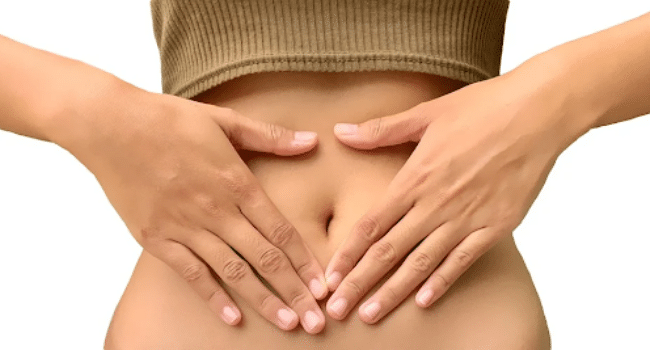Table of Contents
The thought of exercise in order to lose weight got you feeling butterflies in your stomach? Fear not! Follow that gut feeling. Yes, your gut and all the “butterflies” inside it can help you realize those weight loss goals. If you have a gut feeling that something inside you is hindering you from losing as much weight as you would like, you are right. And the answer you’re looking for is in your gut.
I “Gut” A Feeling
Trillions of microorganisms are in your digestive system. These microorganisms (bacteria, viruses, and fungi that help digest food and absorb nutrients) are collectively known as the microbiome. It is also personal or unique to your body. Our gastrointestinal tract’s bacterial cells contain genes that outnumber our bodies’ genes more than a hundred times.
In a new study, scientists discovered that the gut microbiome and its genes and enzymes could impact the likelihood of actively losing weight, whether through diet or exercise. Genes that determine how quickly gut bacteria grow were identified within these bacteria. The genes that help gut bacteria grow more rapidly were associated with weight loss. Those types of gut bacteria and their genes take more of the food nutrients for themselves, ensuring that nothing excess will go toward human weight gain. Additionally, genes that determine how well people can absorb nutrients in food and how starches and fiber can break down into sugars swiftly to aid weight loss were also identified.
It Takes Guts To Be Healthy
One’s gut microbiome can affect one’s weight and overall health. As previously mentioned, the gut microbiome can influence how food is digested and how food nutrients are absorbed. Also, the gut microbiome affects how dietary fats are stored within the human body. Moreover, the gut microbiome may impact the production of hunger hormones (e.g., ghrelin), which control your feelings of fullness or hunger. Unhealthy gut microbiomes can increase inflammatory markers, leading to weight gain and metabolic disease.
Some preliminary evidence has pointed to Prevotella, a particular gut bacteria, and has piqued scientists’ interest in its relation to weight loss. For example, researchers found that some of the fastest-growing microbes in weight-loss responder groups were from Prevotella. In contrast, bacteria that produce more enzymes to break down starches or fiber into sugars were associated with making people more resistant to weight loss or slowing down their weight loss. Such findings expand medical understanding of the gut microbiome’s specific features that play a role in weight loss.
Specific studies have aligned with previous research showing different types of bacteria in the gut microbiome can affect the success of weight-loss interventions. In addition, different people have different responses to basic lifestyle changes like changes in diet or exercise. There are those who can lose weight after a few tweaks to their diet or exercise routine, while some need more of a specialized medical weight loss plan. Emerging treatments such as mazdutide, which targets gut hormones to support weight management and metabolic health, have also drawn scientific attention for their potential to complement traditional diet and exercise approaches. Scientists are now more aware of the gut microbiome’s critical role in influencing and maintaining one’s health and well-being.
Author’s Bio:
Though not a medical professional, Hodge Racter knows a lot about medical topics, including hormone replacement (having undergone the procedure himself) and medical weight loss surgeries. Today, he remains spry and energetic despite his age, and when he’s not doing freelance work, he’s having quality time with his wife and two dogs.
Read more on KulFiy
Weight Loss Tips for When You’ve Tried Everything
